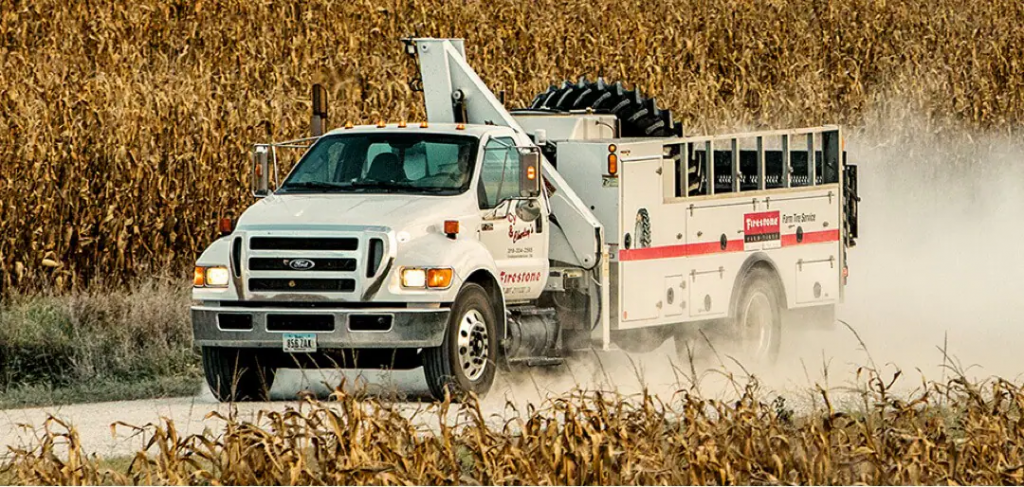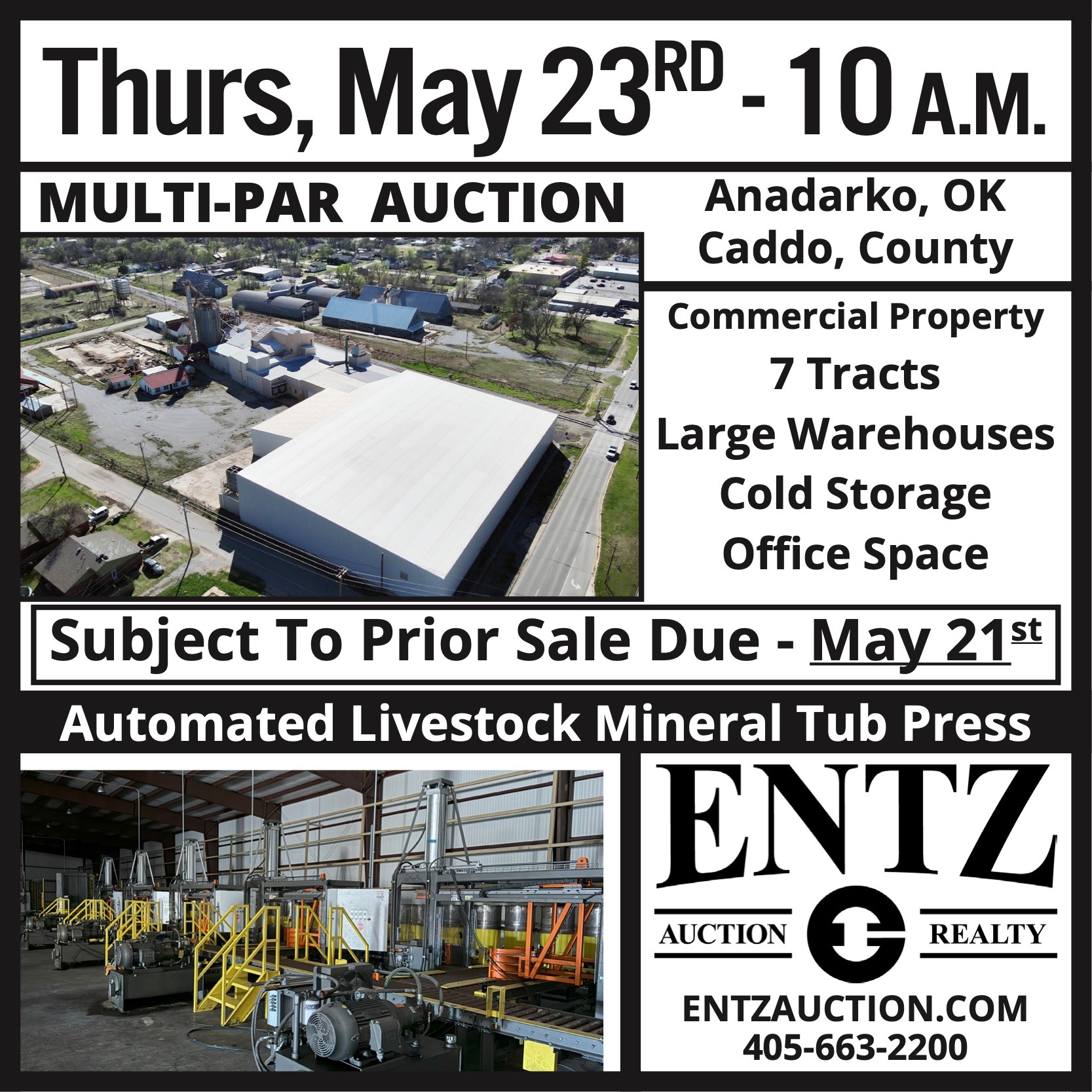
On February 14th, a Fuel Savings Field Clinic was hosted by Firestone Ag in Enid, Oklahoma. The clinic discussed a variety of topics for farmers, including how to spend less time in the field, maximizing tire traction, how to cut fuel costs, and more. Farm Director KC Sheperd had the chance to visit with Firestone Ag Field Engineer Austin Fischer about the highlights from the clinic.
“What we are trying to do is to create these opportunities to interact directly with producers,” Fischer said.
The biggest way that agricultural producers can focus on saving money when it comes to tires is to keep the proper inflation pressure in the tire. To do this, Fischer said the producer must know what their axle loads are.
“That can be very difficult on the farm because, for the same tractor, you can use it for planting, you can use it to side-dress, you can use it to spray, or you can use it in running a grain cart,” Fischer said. “There are so many applications that we can use the tractor for that can make that difficult.”
Ideally, Fischer said a producer would know the weights that each implement applies on the tractor. This may not always be feasible, Fischer added, so setting the tire pressures according to the maximum weight that the tractor sees is another option.
Fischer also talked about how traction comes into play when a producer is trying to save money throughout the year.
“The less traction you have, the longer you are going to spend in the field, which equates to higher fuel cost, higher cost to pay potential employees you are using to work the ground or plant, or whatever,” Fischer said.
If the tread on a tire is worn down below 20 percent of what the depth was when the tire was new, Fischer said that is when a producer should start looking into purchasing new tires.
“Any time you see a bubble developing or a crack or cut that is getting down into the cords that comprise the tire structure, then that is also another indication that it is time,” Fischer said. “When it is time, there are several different things or technologies that we offer.”
For producers with questions about Firestone tires, Fischer recommends they contact their local certified Firestone agricultural tire dealer. Fischer said there is also a hotline that producers can call to connect with a Firestone Ag field engineer at 1800-847-3364.
To learn more about Firestone Ag educational field clinics, CLICK HERE.

















